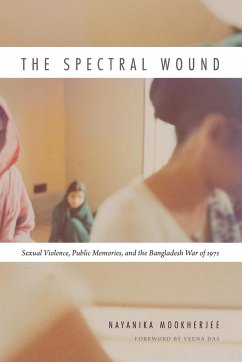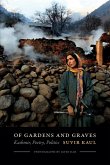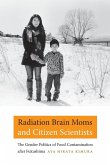Following the 1971 Bangladesh War, the Bangladesh government publicly designated the thousands of women raped by the Pakistani military and their local collaborators as birangonas, ("brave women"). Nayanika Mookherjee demonstrates that while this celebration of birangonas as heroes keeps them in the public memory, they exist in the public consciousness as what Mookherjee calls a spectral wound. Dominant representations of birangonas as dehumanized victims with disheveled hair, a vacant look, and rejected by their communities create this wound, the effects of which flatten the diversity of their experiences through which birangonas have lived with the violence of wartime rape. In critically examining the pervasiveness of the birangona construction, Mookherjee opens the possibility for a more politico-economic, ethical, and nuanced inquiry into the sexuality of war.
Hinweis: Dieser Artikel kann nur an eine deutsche Lieferadresse ausgeliefert werden.
Hinweis: Dieser Artikel kann nur an eine deutsche Lieferadresse ausgeliefert werden.








